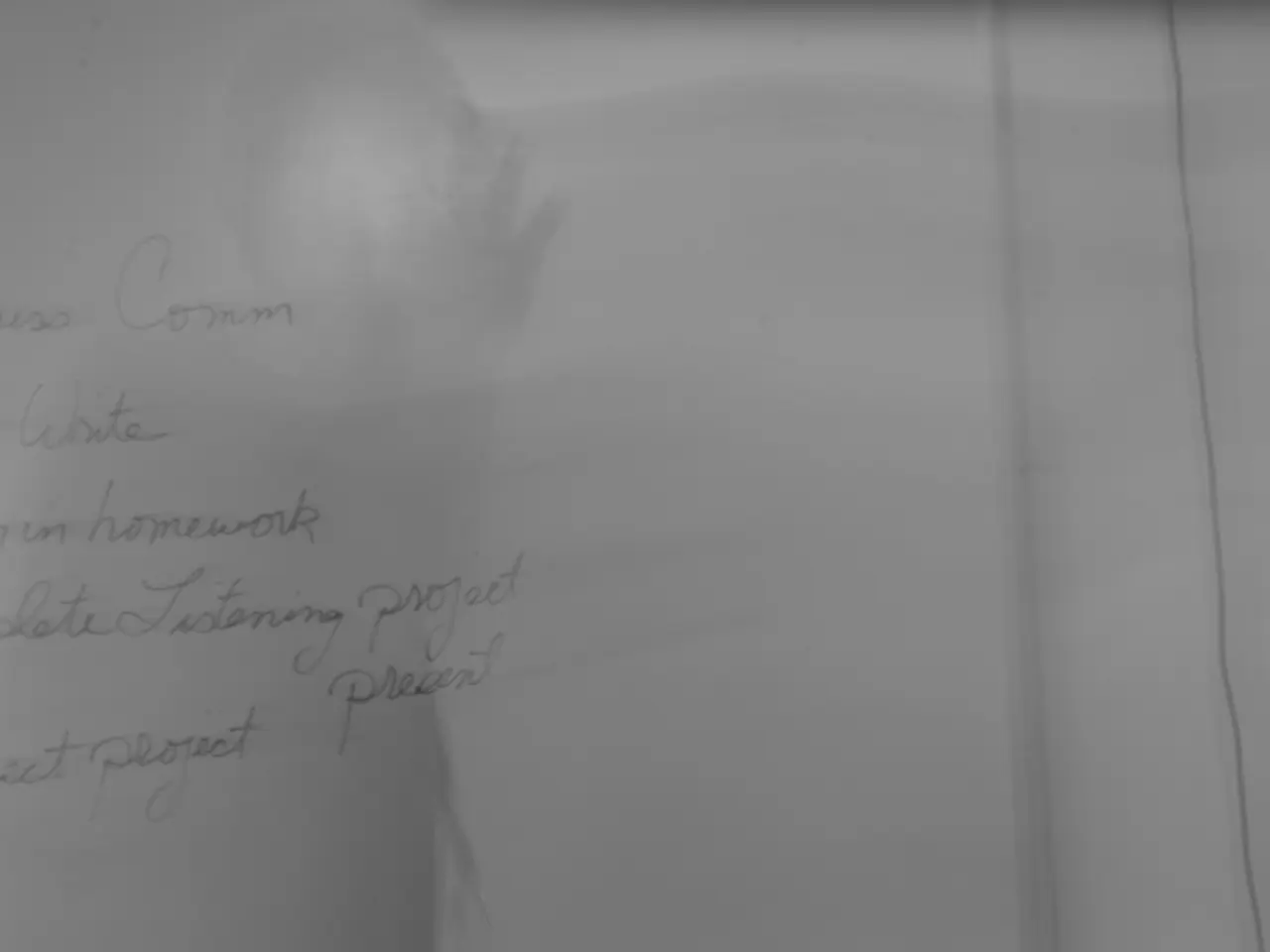Israeli Sanctions Issue Posed Hesitation - Sánchez Advocates for Sanctions
In a recent development, Germany's Chancellor Friedrich Merz visited Spain for his first official visit since taking office four and a half months ago. However, the visit was not without its contentious moments, as the question of Israel's actions and potential sanctions loomed large.
During the joint press conference, Merz defended his decision from August to restrict arms exports to Israel, stating that Germany stands by Israel's side, but does not endorse every decision of the Israeli government. This stance, however, contrasts sharply with Spain's position.
Spain, led by Prime Minister Pedro Sánchez, has been among the EU countries that have most sharply criticized Israel's military actions in the Gaza Strip. Sánchez has gone so far as to accuse Israel of genocide in the Gaza Strip and has called for the release of all hostages held by Hamas in the region.
Sánchez's criticism extends beyond mere words. Spain imposed a complete arms embargo and banned entry for individuals involved in human rights violations, genocide, and war crimes in Gaza starting in September 2022. Spain has also joined South Africa in a genocide lawsuit against Israel at the International Criminal Court (ICC) in 2024.
The EU Commission President, Ursula von der Leyen, has proposed several punitive measures to pressure Israel's government, including revoking trade preferences for 37% of Israel's exports to the EU and imposing sanctions on politicians like Finance Minister Bezalel Smotrich and Police Minister Itamar Ben-Gvir. Sánchez has expressed his support for these proposed sanctions.
However, not all EU countries share Spain's enthusiasm for such measures. The question of sanctions is highly contentious within Germany's black-red coalition, with the SPD favoring more pressure on Israel and the CSU strictly against further sanctions. The German government will decide on the EU Commission's proposals during the EU summit in early October.
The issue of Israel's actions and potential sanctions has also affected other areas of cooperation. During the Vuelta a España cycling race in 2022, protests against the Israeli team's participation resulted in recurring issues. The team eventually removed "Israel" from its jerseys. Spain's broadcaster RTVE, one of the five major financial contributors to the Eurovision Song Contest, has threatened to withdraw if Israel sends a contribution to ESC 2026.
Despite the differences, the meeting between Merz and Spanish Prime Minister Pedro Sánchez focused on bilateral relations, European policy, and security policy. Merz, however, did not comment on the EU Commission's proposed sanctions, leaving the future of Germany's stance on the matter uncertain.
As the situation unfolds, it is clear that the relationship between Germany and Spain, as well as the EU's relationship with Israel, is a complex and evolving one. The question of sanctions and the actions of Israel in the Gaza Strip continue to be hotly debated, with significant implications for international relations.
Read also:
- United States tariffs pose a threat to India, necessitating the recruitment of adept negotiators or strategists, similar to those who had influenced Trump's decisions.
- Weekly happenings in the German Federal Parliament (Bundestag)
- Southwest region's most popular posts, accompanied by an inquiry:
- Discussion between Putin and Trump in Alaska could potentially overshadow Ukraine's concerns








